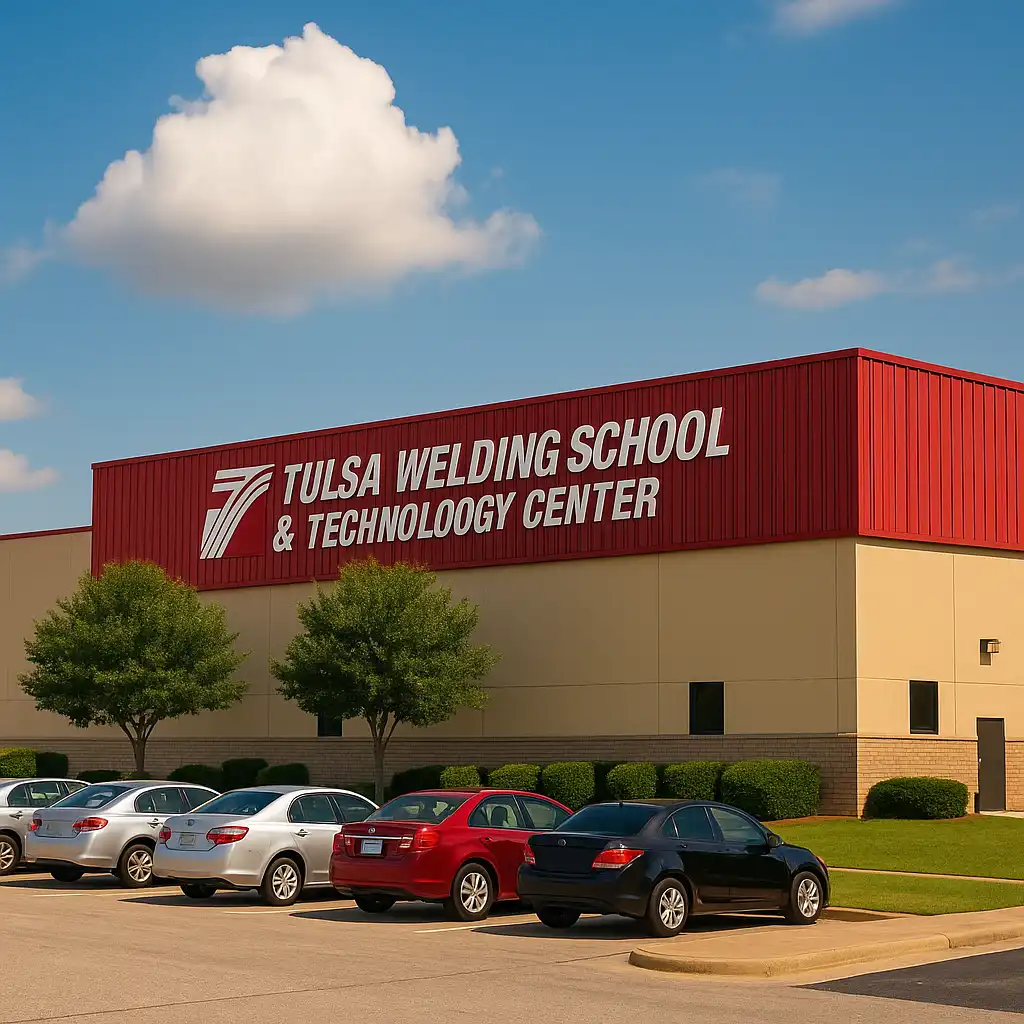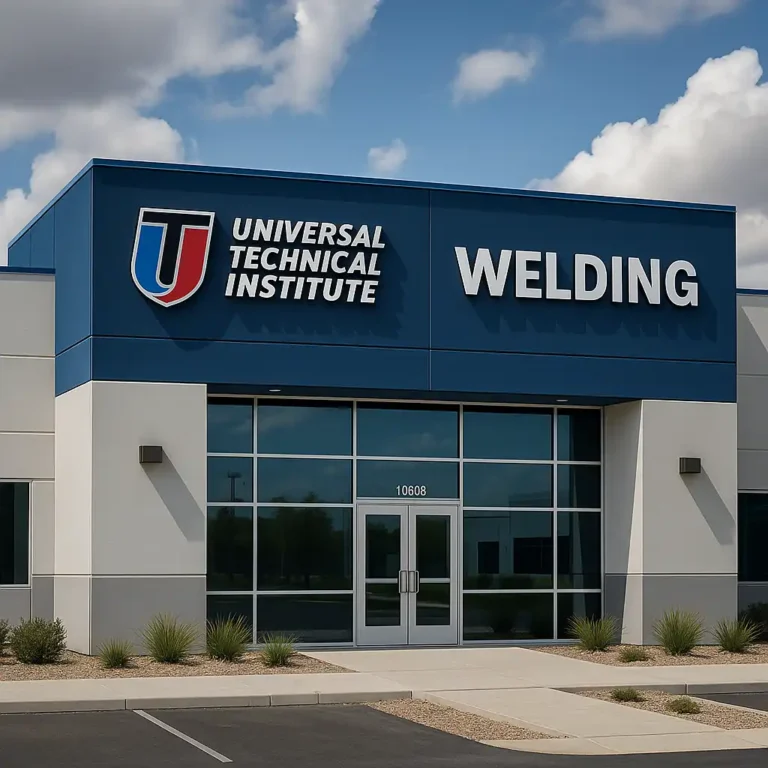Tulsa Welding School & Technology Center Reviews

Disclosure: This post contains affiliate links. As an Amazon Associate, I earn from qualifying purchases—at no extra cost to you.
Tulsa Welding School & Technology Center (TWSTC) in Houston, TX is a popular option for those looking to enter the trades quickly—especially welding, HVAC, and electrical work. It’s known for fast-track programs, hands-on training, and career placement help, but feedback from former students paints a more complete picture.
Hands-On Training: Strong Focus, Some Setbacks
TWSTC emphasizes hands-on learning over lectures, and that’s a major selling point. Students spend more time in the booth or lab than behind a desk, which many appreciate. According to reviews, instructors are generally experienced and approachable, offering solid guidance throughout the programs.
However, not all feedback is glowing. Some students mentioned equipment problems or crowded shop floors, especially during peak times. Others pointed out that machines weren’t always in good working order, which affected practice time.
Career Services: Depends Who You Ask
The school offers job placement support after graduation, and some students found this helpful. A few graduates noted they were connected with real opportunities shortly after finishing the program. Instructors and staff are often described as genuinely supportive when it comes to career advice.
Still, some former students say the placement support didn’t meet their expectations. Online forums include comments from people who struggled to find jobs in their field or felt unprepared for real-world welding demands despite finishing the course.
Program Length and Cost: Fast and Pricey
One reason students choose TWSTC is the speed—you can complete many programs in under a year. That’s ideal if you’re looking to earn a certification and start working fast.
But this convenience comes at a cost. Tuition for some programs can exceed $20,000, and not everyone feels the return on investment is clear. Several reviewers mentioned feeling disappointed by the price tag, especially when paired with equipment issues or limited job placement outcomes.
Conclusion
Tulsa Welding School & Technology Center has its strengths—especially for learners who want to get hands-on experience quickly. The instructors are generally well-reviewed, and the accelerated timeline appeals to those eager to start working.
At the same time, the high tuition, occasional equipment issues, and mixed career outcomes are worth considering. If you’re thinking about enrolling, it’s smart to visit the campus, talk to current students, and weigh whether the fast pace and investment make sense for your goals.






